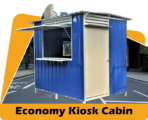
Blog
Why Residential Construction in Malaysia is More Affordable Than You Think | RumahHQ
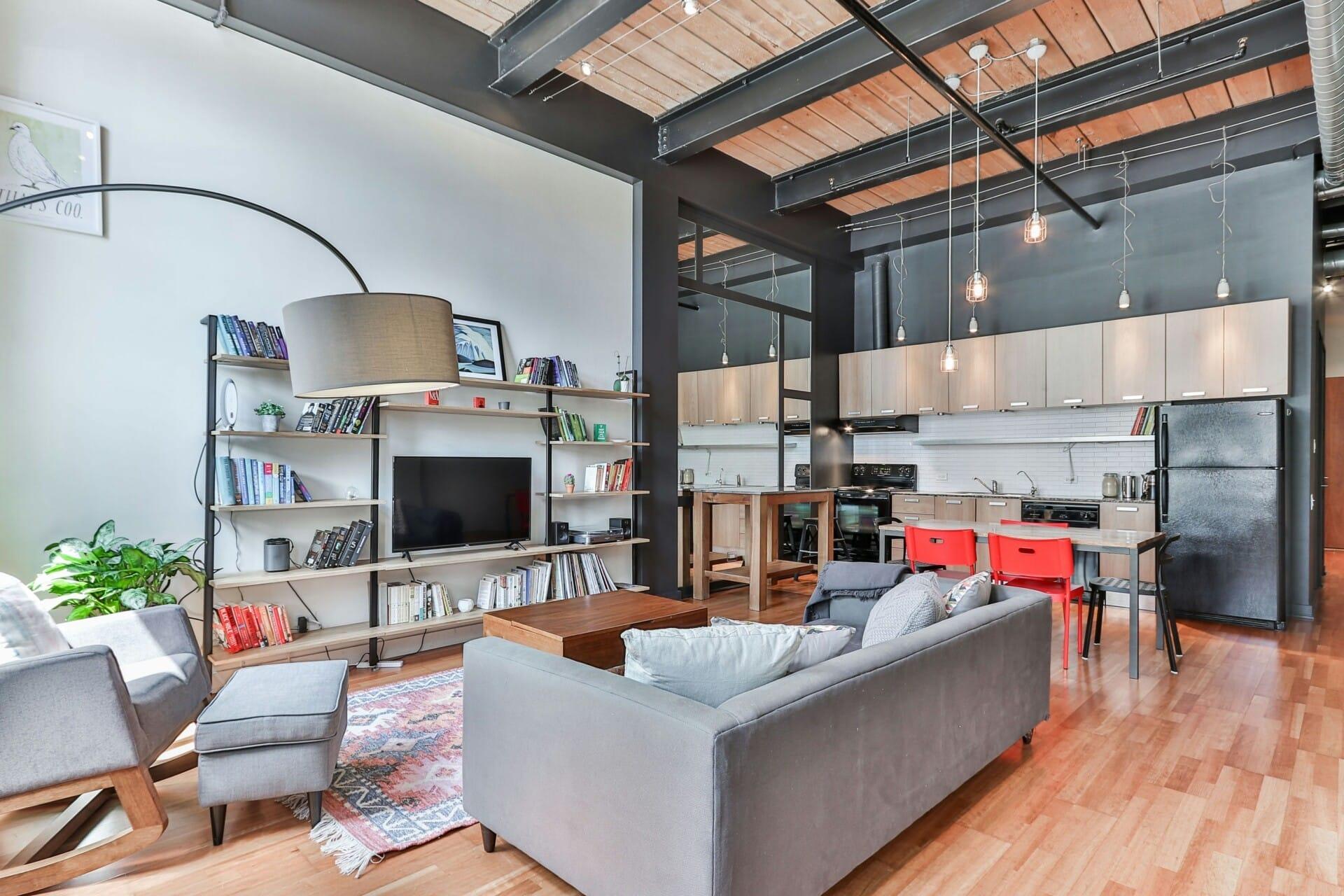
When you think about buying a home in Malaysia, your mind might instantly flash to high prices, complicated loan processes, and the endless hours of searching for that perfect spot. But what if we told you that residential construction here might be more affordable than you think? With the right information and a little know-how, navigating the housing market can feel less like a daunting labyrinth and more like a walk in the park. In this article, we’re diving into the reasons behind the affordability of residential construction in Malaysia, breaking down myths, and shining a light on opportunities you might not have considered. Whether you’re a first-time buyer, someone looking to upgrade, or just curious about the housing scene, there’s plenty to discover that could change your perspective. So, let’s explore the hidden gems of affordability in Malaysia’s residential construction landscape together!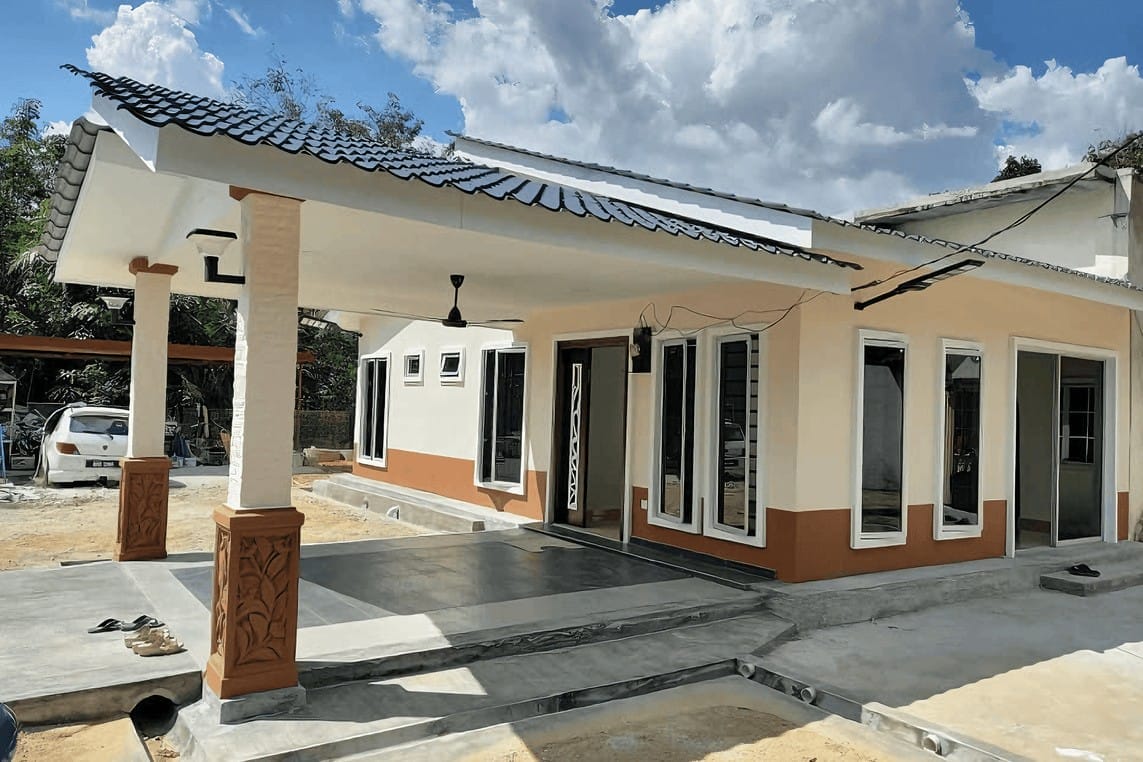
Understanding the Cost Structure of Residential Construction in Malaysia
When diving into residential construction in Malaysia, it’s important to recognize the various factors that influence overall costs. One key component is the land prices, which can vary dramatically depending on the location. Urban areas like Kuala Lumpur may have higher land costs, but surrounding suburbs often offer more affordable options. Additionally, the government initiatives aimed at promoting affordable housing have helped to stabilize prices and make ownership more attainable for many Malaysians.
Another crucial element is material costs. Malaysia boasts a vibrant local supply chain, which helps keep prices reasonable. Many construction materials are sourced locally, reducing transportation costs and encouraging a flourishing industry that benefits from economies of scale. Common materials like bricks and cement are produced in abundance, ensuring that builders can procure them without facing significant price hikes. Furthermore, the use of sustainable building materials is on the rise, offering cost-effective options that also benefit the environment.
Labor costs also play a significant role in shaping the cost landscape. Malaysia has a robust workforce that, while skilled, remains relatively affordable compared to many Western countries. This is bolstered by the growing number of skilled workers trained through various vocational programs. A breakdown of approximate labor costs is as follows:
| Labor Type | Average Daily Rate (MYR) |
|---|---|
| Skilled Workers | 100 – 200 |
| General Laborers | 70 – 100 |
| Project Managers | 300 – 500 |
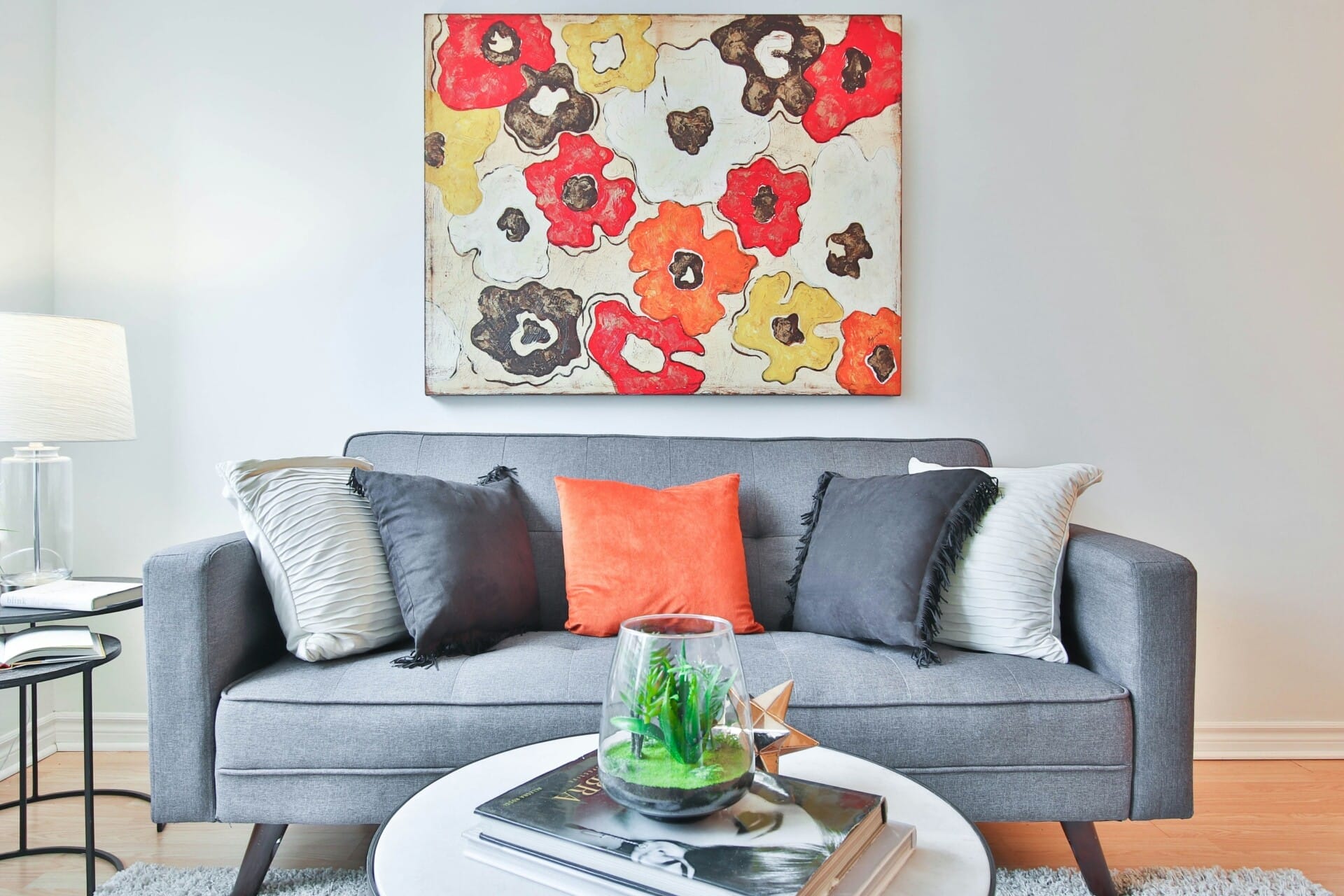
Innovative Building Materials Driving Down Prices
In recent years, the construction industry in Malaysia has embraced a wave of innovative materials that are not only eco-friendly but also budget-friendly. The rise of pre-fabricated components, lightweight concrete, and sustainable wood alternatives have transformed how homes are built. These materials promise efficiency and longevity, allowing developers to lower costs while maintaining high-quality standards. The adoption of such materials is pushing the envelope of what’s possible in residential buildings.
One of the key benefits of these cutting-edge materials is their capability to reduce waste and construction time. By utilizing modular design and elements like 3D-printed components, builders can enjoy a significant reduction in labor costs. The use of recyclable insulation and smart structural systems not only makes the homes more energy-efficient but also cuts down overall expenses related to maintenance and energy supply. Here’s a snapshot of how these materials are changing the landscape:
| Material Type | Advantages | Cost Impact |
|---|---|---|
| Pre-fabricated Components | Quicker assembly, reduced labor costs | Lower overall building costs |
| Lightweight Concrete | Enhanced durability, better insulation | Decreased material expenses |
| Sustainable Wood Alternatives | Eco-friendly, highly renewable | Long-term savings on resources |
Moreover, the local industry is seeing a surge in R&D aimed at finding even more cost-effective solutions. Innovations like biodegradable materials and the use of recycled plastics are not only reducing the carbon footprint of buildings but also making them cheaper in the long run. As builders and architects continue to explore these paths, homeowners can expect to see a transformative shift in pricing and sustainability. The result? More accessible housing options for everyone in Malaysia.

Government Incentives and Regulations Favoring Affordability
The Malaysian government has rolled out a series of supportive initiatives aimed at making residential construction more attainable for the average citizen. These incentives range from financial aid for first-time homebuyers to subsidies on development costs. This proactive approach reflects the government’s recognition that affordable housing is a critical component of a thriving society. By easing the financial burden, they encourage more developers to venture into the affordable housing sector, resulting in a wider variety of options for prospective buyers.
Furthermore, favorable regulations have been put in place to streamline the construction process and reduce red tape. For instance, the introduction of the Housing Development (Control and Licensing) Act has made it easier for developers to gain the necessary approvals. This efficiency not only speeds up project timelines but also lowers overall construction costs, ultimately benefiting consumers. Here’s a simple breakdown of how these regulations positively impact affordability:
| Regulation | Impact on Affordability |
|---|---|
| Streamlined Approval Process | Shorter wait times reduce costs. |
| Tax Incentives for Developers | Cost savings can be passed to buyers. |
| Affordable Housing Grants | Lower prices for first-time buyers. |
In addition, community-focused projects are being emphasized, with local councils encouraged to implement zoning regulations that allow for more mixed-use developments. These initiatives aim to create integrated communities where living spaces are coupled with essential amenities and transportation options. It’s not just about building homes; it’s about fostering environments where families can thrive. This holistic approach not only ensures affordability but also enriches the quality of life for residents, reinforcing the notion that affordable housing is indeed achievable in Malaysia.
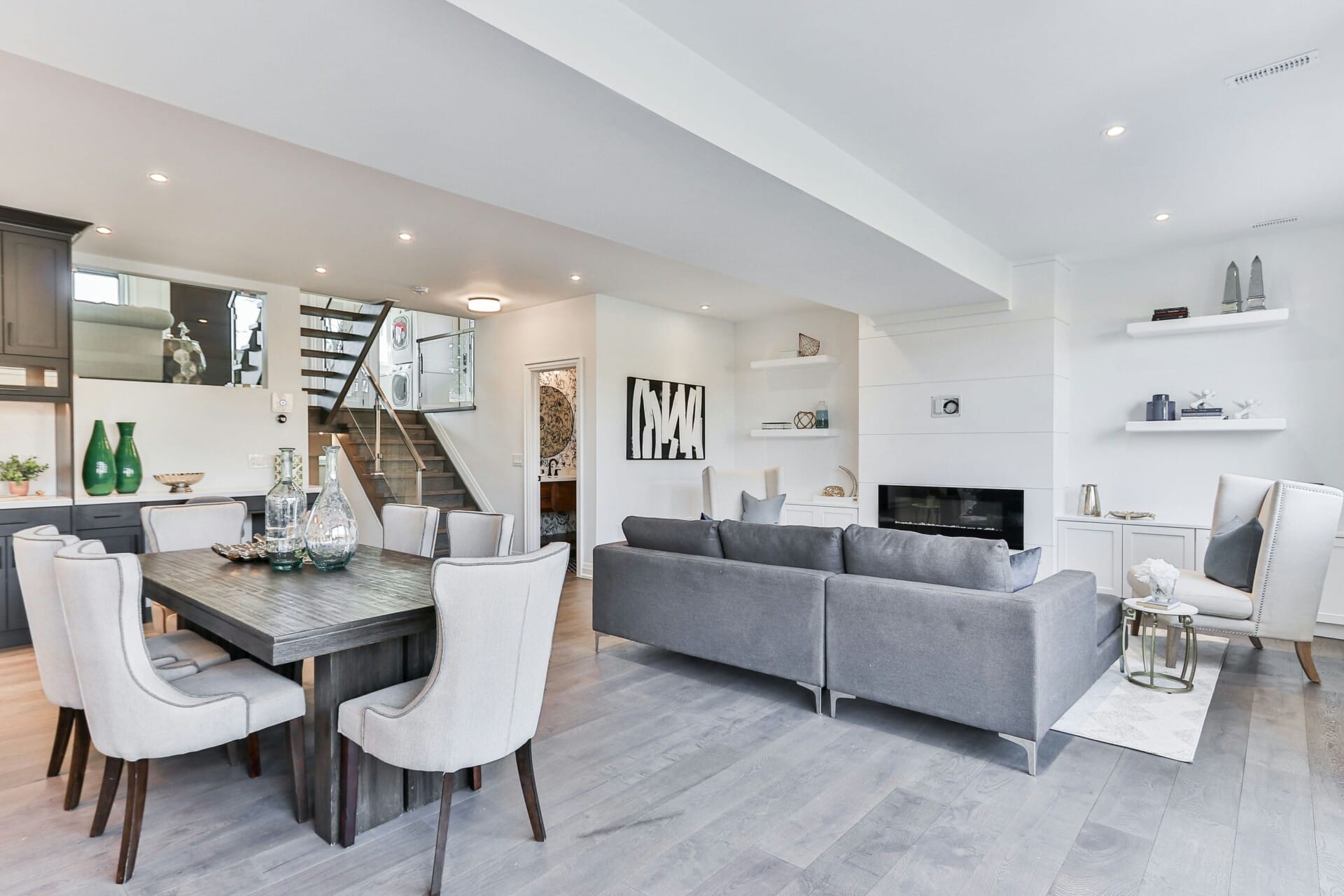
The Role of Local Labor and Expertise in Cost Efficiency
When it comes to residential construction in Malaysia, tapping into local labor and expertise can make a significant difference in keeping costs down. Skilled workers from nearby areas not only reduce transportation costs but also bring a deep understanding of the local materials and construction techniques. This means that projects can be completed more efficiently, minimizing delays and surprises along the way. Plus, hiring local experts supports the community, boosting the overall economy.
In addition to labor costs, the knowledge of local construction practices can enhance efficiency in several ways. For instance, local builders are adept at sourcing materials that are both affordable and readily available. They can also navigate legal regulations and zoning laws more seamlessly than outsiders, which can save time and money on permits. By leveraging local expertise, homeowners can often find themselves with a more customized approach that respects both traditional practices and modern requirements.
| Local Expertise Benefits | Cost Efficiency |
|---|---|
| Familiarity with local materials | Reduces overall material costs |
| Knowledge of regulations | Saves on permit costs |
| Labor savings through local hires | Lower transportation expenses |
when you choose to work with local labor and expertise in Malaysia, you’re not just saving money; you’re also investing in quality and sustainability. The intimate knowledge of the local context allows builders to innovate while still adhering to budget constraints, facilitating a balance that is often hard to achieve in residential construction. All of these factors combine to make the idea of affordable residential construction in Malaysia more attainable than ever before.

Exploring the Impact of Sustainable Construction Practices
In recent years, the construction industry in Malaysia has seen a significant shift towards eco-friendly methods that not only benefit the environment but also enhance cost-efficiency. By integrating sustainable techniques, builders are reducing waste and optimizing material use, leading to substantial savings. These practices include:
- Use of Recycled Materials: Sourcing materials from local suppliers and using recycled components reduce transport costs and energy expenditures.
- Energy-Efficient Designs: Homes that harness natural light and ventilation minimize reliance on artificial lighting and air conditioning, resulting in lower energy bills.
- Water Conservation Techniques: Implementing rainwater harvesting and efficient plumbing reduces water expenses, making living in these homes more economical.
Another important element is the incorporation of modern technology. Builders are using innovative tools like Building Information Modeling (BIM) to create efficient and sustainable layouts. This technology minimizes construction errors and streamlines communication among teams, effectively lowering overall costs. Some advantages of this tech-driven approach include:
| Benefits | Description |
|---|---|
| Improved Planning | Helps in visualizing the project to prevent costly changes during construction. |
| Material Efficiency | Reduces excess material waste through precise calculations and modeling. |
| Cost Control | Enables better budget management by predicting project expenses accurately. |
Moreover, the Malaysian government is actively promoting sustainable construction through incentives and educational programs. This commitment fosters a culture where builders and homeowners alike are encouraged to embrace green practices. As a result, the market has become increasingly accessible and affordable for residential construction. Homebuyers are now seeing the long-term financial benefits of living in sustainably built houses, which often come with added value and lower maintenance costs. By making eco-conscious choices, everyone wins—homeowners enjoy savings and improved living conditions, while our planet benefits from reduced environmental impact.

Financing Options That Make Homeownership Accessible

Navigating the Real Estate Market for Bargain Opportunities
Understanding the dynamics of the Malaysian real estate market is essential for uncovering hidden gems. Despite popular belief, purchasing residential properties here can be quite budget-friendly, especially when you know where to look and what to consider. For instance, many first-time buyers overlook emerging areas that boast lower price points yet provide promising growth potential. Key regions often have robust infrastructure development and community services on the horizon, which can significantly increase property values over time.
It’s also important to keep an eye on market trends. Things like economic shifts, interest rates, and local government policies can create opportune moments to buy. By monitoring these factors, savvy buyers can identify when properties are undervalued or when incentives become available. Consider partnering with local real estate agents who have their fingers on the pulse of the market—they often have exclusive insights that can help you snag a deal.
| Factors to Consider | Why They Matter |
|---|---|
| Local Development Projects | Can boost property values. |
| Current Interest Rates | Lower rates mean lower monthly payments. |
| Neighborhood Demand | Higher demand can signal good investment. |
Buying property in Malaysia isn’t just about finding a house; it’s about finding value and potential for growth. Use the resources available to you—market reports, online property listings, and real estate forums—to gather information that will guide your decisions. Remember, patience and research can lead you to remarkable bargains that others might overlook. The perfect home or investment could be waiting for you just around the corner!
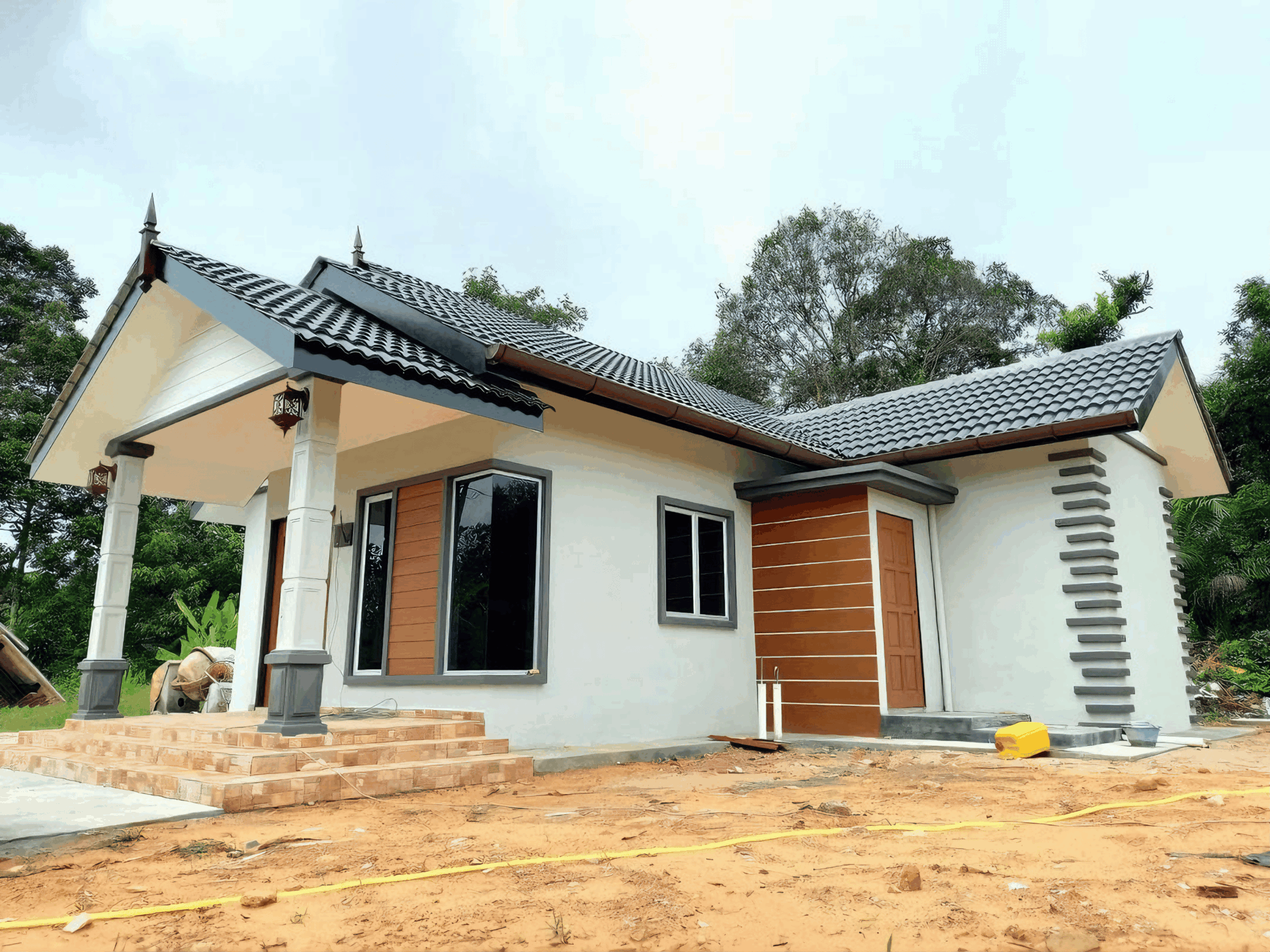
Future Trends That May Further Reduce Construction Costs
As we look to the future, several innovative trends are emerging that have the potential to significantly lower construction costs in Malaysia. One of the most exciting developments is the integration of modular construction techniques. By assembling building sections off-site and then transporting them to the construction site, developers can cut down on labor costs and minimize construction waste. This method not only speeds up the building process but also allows for higher precision, resulting in less rework and fewer expenses overall.
Another game-changer is the adoption of smart construction technologies. With the rise of software that utilizes Building Information Modeling (BIM), project managers can now visualize their projects in a highly detailed digital format before a single brick is laid. This technology can help pinpoint potential issues early in the design phase, reducing costly surprises later on. Furthermore, advanced automation and robotics are becoming more common in the construction process, which can enhance efficiency and further drive down costs.
Lastly, we can’t overlook the significant impact of sustainable building practices. Utilizing eco-friendly materials and renewable energy sources not only appeals to environmentally-conscious consumers but can also lead to reduced operational costs in the long run. By focusing on energy efficiency and sustainable design principles, developers can create homes that not only lower initial construction expenses but also reduce future utility bills for homeowners. This is a win-win scenario that could reshape the residential construction landscape in Malaysia.
Future Outlook
As we wrap up our little journey into the world of residential construction in Malaysia, it’s clear that the belief that building your own home is out of reach is a bit of a myth. With a mix of local materials, innovative building techniques, and supportive government policies, creating your dream space might just be more achievable than you ever thought.
So, next time you daydream about owning a cozy nest or a sleek modern pad, remember that the possibilities are closer than they seem. With the right research and a bit of planning, you might just find the keys to your very own front door in no time. So, keep dreaming, keep exploring, and who knows? Your dream home could be just a blueprint away! Happy house hunting! 🏡✨
kontraktor rumah
bina rumah
pinjaman lppsa
pengeluaran kwsp
spesifikasi rumah
rumah batu-bata
pelan rumah
rekabentuk rumah
bina rumah atas tanah sendiri
kontraktor rumah selangor
rumah banglo
Source link








